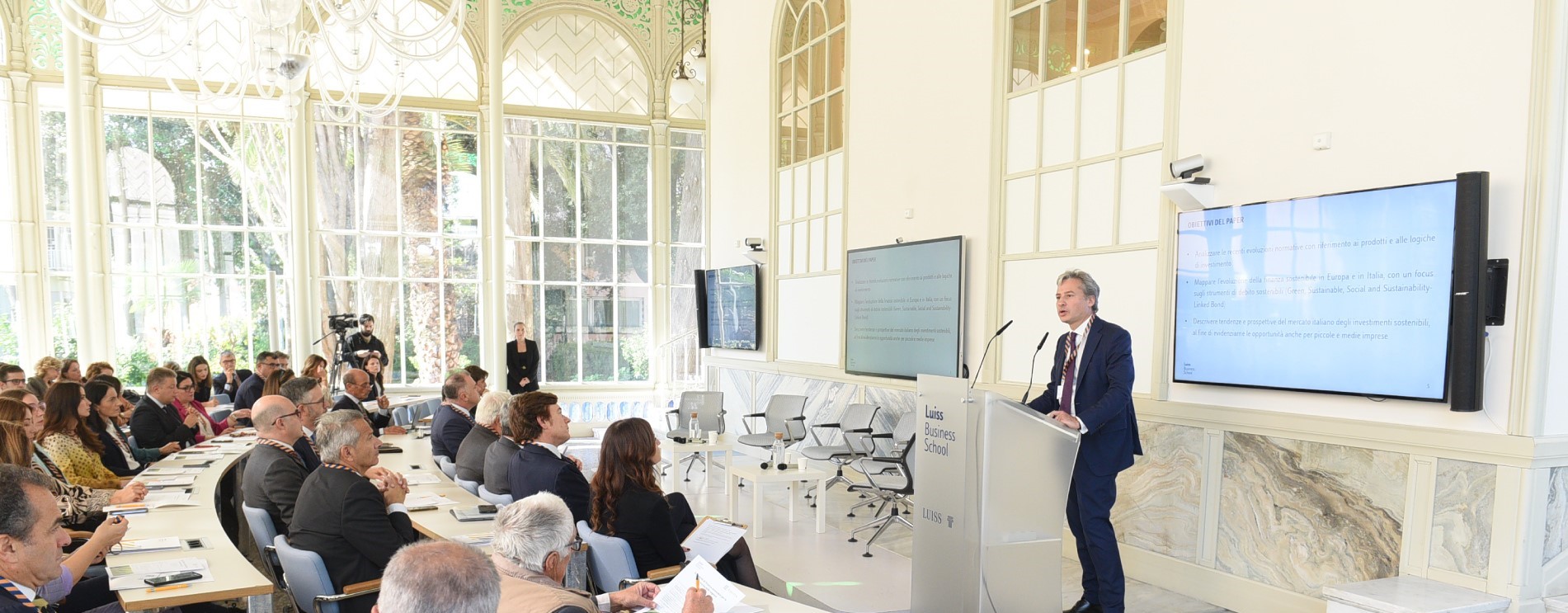(By Laura Innocenti, Professor, LUISS Business School | People Management Competence Centre & Lab)
02/10/2015

The increasing complexity of organisations requires managers to make very quick, at times immediate, decisions. But in high pressure situations it can be hard to make “the right choice”, that is, to identify the best organisational or managerial answer.
Such decisions are chiefly based on experience, intuition, benchmarking, and just rarely on data. This is the thesis provocatively suggested by Denise Rousseau and Eric Barends in an article published on the “ Human Resource Management Journal” (2011). The authors’ objective is to encourage a larger use of “evidence-based” approaches, or, in other words, to cause the interest of HR managers to make greater use of evidence from studies and empirical researches as elements to support the decision making process. In order to support their thesis, the authors propose a short test. True or false:
- People with poor performance benefit from feedback more than those with high performance;
- Conflicts related to the “task” improve group performance while those linked to the relational sphere penalize it;
- Tests that measure integrity are not reliable because people tend to lie.
To those who answered “true” to at least one of the above statements the authors reply that based on a vast and concrete number of empirical researches the groundlessness of such answers can be proved.
The adoption of an evidence-based approach requires a radical change from the usual, and somewhat more reassuring, procedures that usually determine the choices made by HRM. It means, indeed, acquiring a critical perspective not only towards what doesn’t work in the organisation, but especially towards what seems to work. It means seeking objective answers, inside and outside of the organisation, which can empirically support the choices made.
Therefore, how should we move in the direction of a more evidence-based approach?
Certainly, an important step is to become more familiar with the studies and researches conducted by the academic community which give sound and reliable empirical evidence that provides effective stimulus for reflection for those working within the organisation. It is likewise important to acquire further sensitivity towards the enhancement of the empirical data available in-house.
Sometimes HR functions are not able, due to a lack of time or specific cognizance, to “extract” from the various available data information that can be strategic for the decision-making process. It is in some cases a matter of reading the data with new eyes, in others it means having to acquire specific additional information.
The Big Data revolution is based on these premises and concerns all the organisation areas. Knowing how to read, combine, and extract insights from data represents, at this moment, a distinctive competence even in more traditional businesses. However, this is not a knowledge within everyone’s reach. In order to guarantee these results, the HR Departments must set in motion a cultural change that requires, simultaneously, to be sustained by sound competences in the use of analytical metrics and models.














